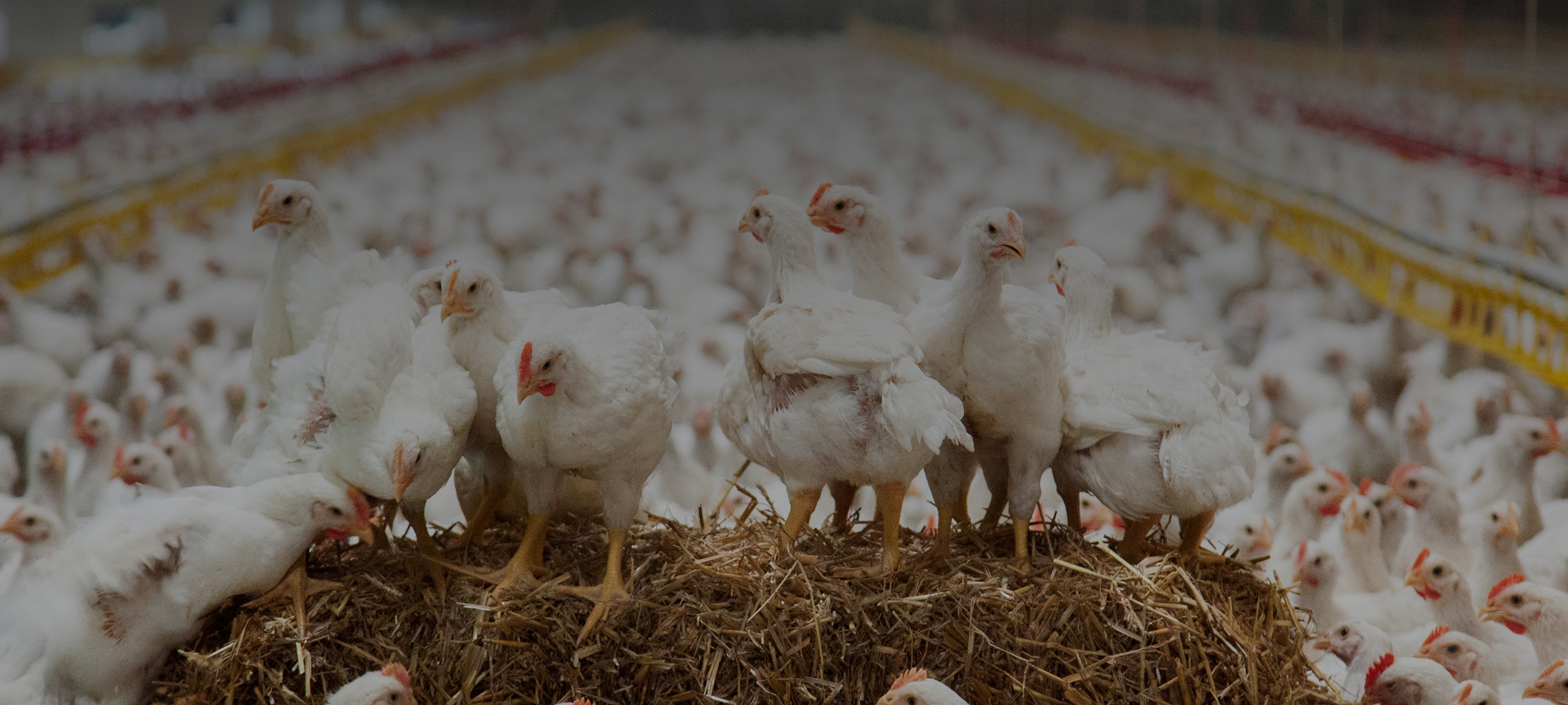In poultry meat production, animal health is essential. This is important not only for food safety, but also to reduce the risk of zoonotic diseases, which can infect humans. Within the EU, extensive monitoring and eradication programmes ensure that animal diseases are strictly controlled. The ‘farm-to-table’ approach means strict control from breeding flocks to the final product, ensuring a high standard of safety and quality throughout the production chain.
In production of poultry meat, the health of the animals is of great importance. Not only for food-safety, but also to reduce the risk of zoonotic diseases infecting humans. Within the European Union, extensive monitoring and eradication programs ensure animal dis- eases are strictly controlled. The unique farm-to-fork approach means strict control from the breeding flocks until the end-product.
Monitoring Program
Prevention is better than cure, especially when it comes to animal disease outbreaks. This is why the Dutch poultry sector has strict monitoring programs in place to detect any signs of animal diseases in an early stage.
Avian Influenza
As one of the poultry diseases causing the most disturbance in the world wide poultry sector, avian influenza is of high importance to monitor and eradicate. The Netherlands has strict programs in place to ensure this.
Regionalization
Regionalization ensures that all transport and slaughter movements can take place in controlled manner. Through channelization it can be guaranteed that no meat from restricted areas enters the market.
Antibiotics
Although sometimes crucial in maintaining the health status of animals, the use of antibiotics has been under discussion for several years. The European Union and its member states have therefore successfully reduced the use of antibiotics in the livestock sectors.




